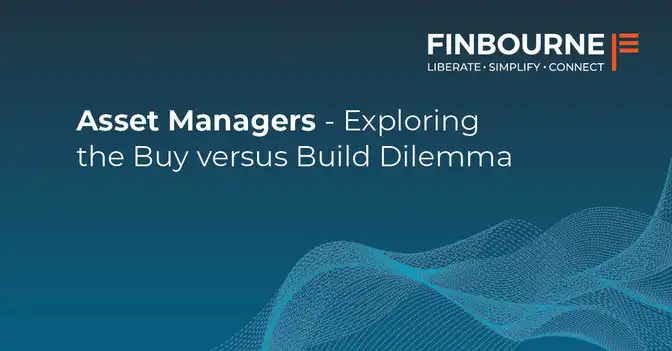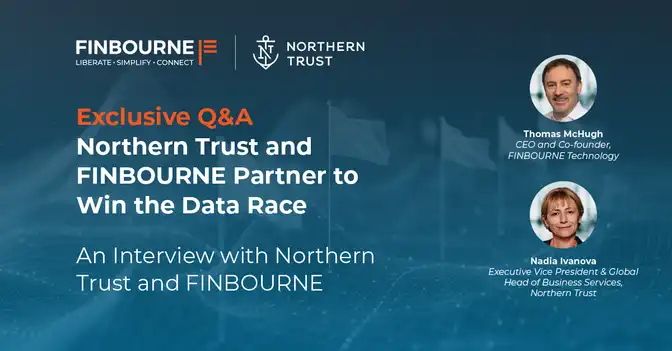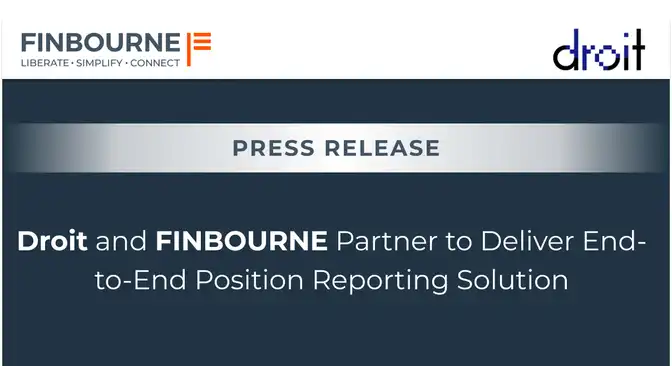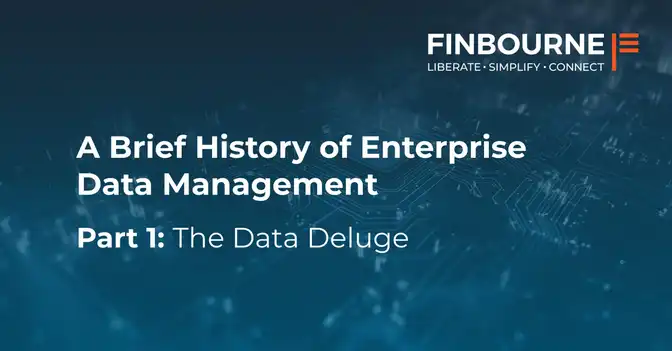The incoming Chief Data Officer (CDO) is transitioning into the organisation. His predecessor is “seeking exciting new opportunities outside the organisation”. On his way out after the handover week the outgoing CDO hands his replacement three numbered envelopes. “Each time things get tough”, he says, “open one of these envelopes.”
Nine months goes by and the honeymoon is over- clients are unhappy, costs are high, the regulators are demanding. The manager opens his drawer where he keeps the three envelopes and opens #1. It reads: “Say your predecessor left the systems in a mess and you need to replace them.” So he wins board backing for a transformation project and everyone is happy. The GTP (Global Transformation Program) promises great things, and the pilot projects are working like a dream.
About 18 months go by, and the GTP is now called “Going to Purgatory” by the staff. Clients are angry, costs are increasing, and the regulators are even more demanding. So the CDO figures to try #2. It reads, “Blame the consultants.” Again, his predecessor’s advice works like magic and everything settles down again. The GTP looks like it is back on track!
Finally, about two and a half years into the new job, things are getting really sticky. GTP hasn’t delivered any of the promised benefits, clients are leaving, costs have gone through the roof and regulatory action looms. The CDO figures it worked before, so why not try again? So he opens the envelope drawer one last time and opens #3. It reads…”prepare three envelopes.”
The ‘prepare 3 envelopes’ is a well known story but it illustrates the problems faced by investment firms when they are seeking new investment management systems- from portfolio management software to reporting solutions. What criteria should be applied when selecting systems and implementing business transformation programs in order to avoid needing to open the third envelope?
One approach that we favour takes its inspiration from the science of “decision making under uncertainty”. This discipline posits three approaches:
- Maximax – selecting the strategy that maximises the maximum available payoff (for the optimist)
- Maximin – selecting the strategy that maximises the minimum available payoff (for the pessimist)
- Minimax regret – selecting the strategy that minimises the maximum regret (for those who don’t want to make the wrong decision)! “Regret” in this context is the opportunity loss from making the wrong decision . So with minimax regret you’re trying to keep the lost opportunities to a minimum.
What are the regrets, or opportunity losses associated with choices of investment management software that you should seek to minimise?
- Lack of business agility – this is a system that might have perfect functionality to meet your current business needs on day one but ultimately proves to be hard or even impossible to enhance (or migrate off) to meet changing business, customer or regulatory requirements.
- Lack of transparency – a system that produces beautiful output but where it’s near impossible to: validate where the underlying data came from, trust the quality of that data, build different views of the data for different stakeholders.
- High total cost of ownership – beware the hidden costs of investment management systems. In addition to the visible software licensing and support costs there are additional operational running costs associated with maintaining and reconciling multiple input sources and data stores, and development plus support costs in maintaining work arounds for deficiencies in the chosen system.
- Poor client service – or who owns the data? You are managing money on behalf of your customers. Why can’t they get access to their information and data held on your systems without you having to produce customised ad-hoc reports on-demand? Or for that case, why is it so difficult for you to get hold of that data?
Our hard won experience is that you shouldn’t focus just on what the candidate systems can do (the features and benefits) but also consider what you might regret in any particular system choice, and work to minimise that. That way you will never need to open the third envelope.




